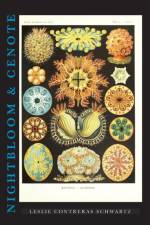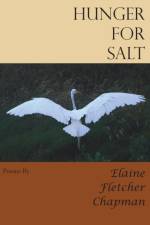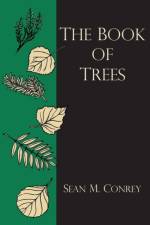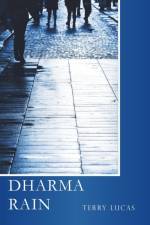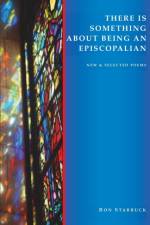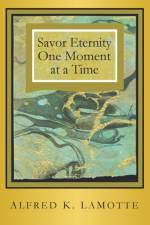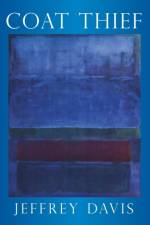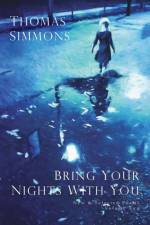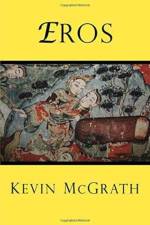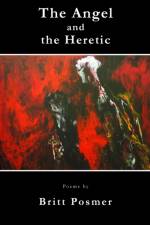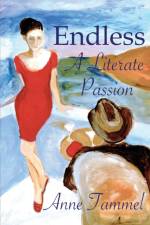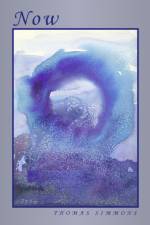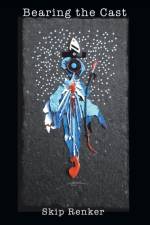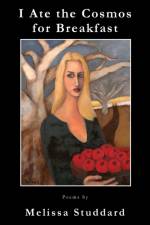- New and Selected Poems, 1975-2015
av Thomas Simmons
247
Thomas Simmons' collected poems are a burning-a wild search of blue flame, the kind with the least oxygen but the most heat, a kind that levels a landscape built on a range of religion, myth, philosophy, erotic intimacy-and aims to rebuild it with the act of looking at it with clear eyes.From the shut-in child who says, "I began to calculate the area … of my life" and "how much I had, in inches, millimeters, feet," to the reveling in the grown body's hidden ecstasies and "the rightness of the body in its rightful place," Simmons' poetry contains a watchfulness that is complicated by its own act of watching. It is a watchfulness aware of its failings, which vacillates from an undistracted mission-such as Muhammed who, with the "tunnel vision" of religious fervor, only sees "out of the corner of his eye, the child Ayesha uncupping her hands and lifting the butterflies aloft"-to the full acknowledgement that any understanding comes beyond language, like the father and the child who take a wordless walk in the snow and discover "it had been enough, the sound / Of boots in the snow, the quiet, the sudden sun, Her hand in his."Simmons examines how human experience is best understood with tools outside of language, outside the relentless pursuit of assigning sign to signifier. There he says, we can find among the wreckage, "the beauty of it: my own circular ruins." For it is the not "hard words that we train for" but its subsequent weighty silences, the aftermath, and after reading it, one is left haunted and unsettled by images-such as the child shaking in his loft bed during a hurricane busily loosening the rafters of his house-images that silence our chatter-filled mind as we recognize it, unfailingly, as ourselves. --Leslie Contreras Schwartz, author of Fuego and Nightbloom & Cenote

